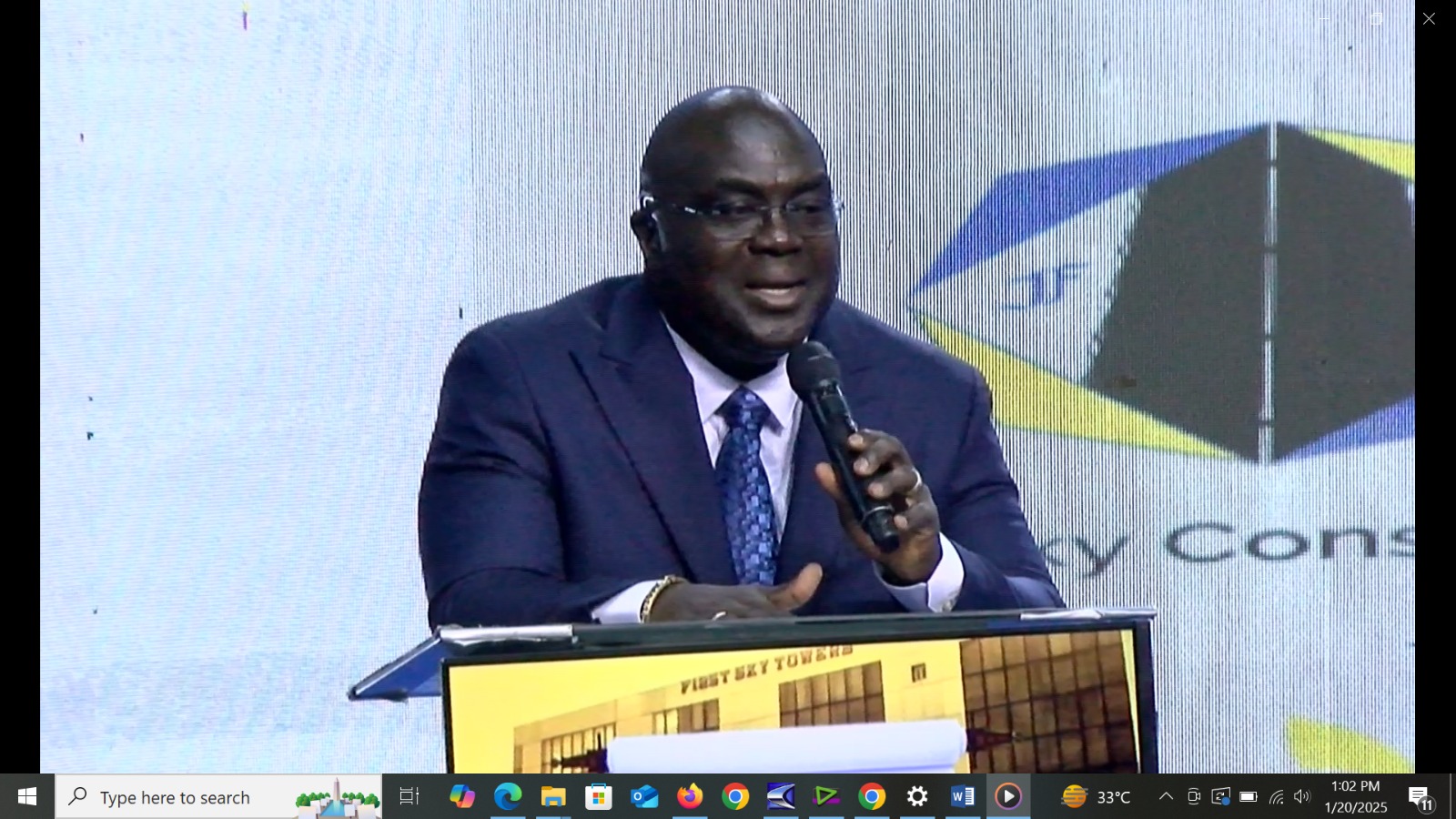Crime prevention must be the bedrock of modern policing – Chief of Staff – Nsemkeka
The Chief of Staff at the Presidency, Julius Debrah, has urged the Ghana Police Service to prioritise crime prevention as the bedrock of modern policing.
He said the country must shift from reactive policing to proactive strategies grounded in visibility, intelligence-led operations, and strong community partnerships, which require rebuilding trust and expanding early warning systems across communities.
The Chief of Staff said this at the launch of a book, titled: “An Aroma of Policing: A Life of Service in Law Enforcement and Global Peacekeeping”, authored by Mohammed Ahmed Alhassan, a former Inspector General of Police.
The 681-page book has 36 chapters, which focus on the humble beginnings of the author, his role in shaping the Police Service and community policing.
It is a remarkable contribution to national discourse on law enforcement, leadership, and institutional transformation.
Mr Debrah said the event celebrated not only the life and service of a distinguished public servant but also a deeper national commitment to reflection and reform.
“Our Police Service must invest in leaders who are not only operationally competent but also committed to mentorship, innovation, and continuous learning,” he said.
Specialist training, he stressed, is urgently needed in areas such as cybercrime, counterterrorism, public order management, forensics, and maritime security.
Revitalising the police training institutions is essential to building a disciplined, modern, and competent service to play its duty efficiently, he noted.
Mr Debrah noted that the memoir underscored the link between welfare, morale, and professionalism, adding that the government reaffirmed its commitment to improving conditions of service, including decent accommodation and health care.
Institutional support would also be expanded to enable broader participation, especially by women, in United Nations and regional peace operations to enhance Ghana’s peacekeeping profile in the global arena.
The Inspector General of Police (IGP), Mr Christian Tetteh Yohuno, said the book is a celebration of a journey of creativity, innovation and passion in effective policing.
He acknowledged the immense contribution of the author in shaping the future of the Police Service to respond to security issues.
Mr Yohuno said the tenure of the author during his reign as the IGP was worth celebrating as it was marked with integrity and groundbreaking reforms in the Service.
“His leadership has restored public confidence and built trust between the police and the community,” he said, urging the public, especially security analysts, to get a copy of the book to be abreast of effective policing.
The author, Mr Alhassan, said even in retirement, his heart remained with the Service, as he felt a deep urge to document his journey not only to preserve institutional memory but also to share hard-earned lessons.
“One of the issues I raised in the book is how the discontinuation of useful reform programmes has harmed the Service,” he said.
“Institutions do not grow through constant reinvention; they are built through continuity, reflection, and purposeful reform.”

